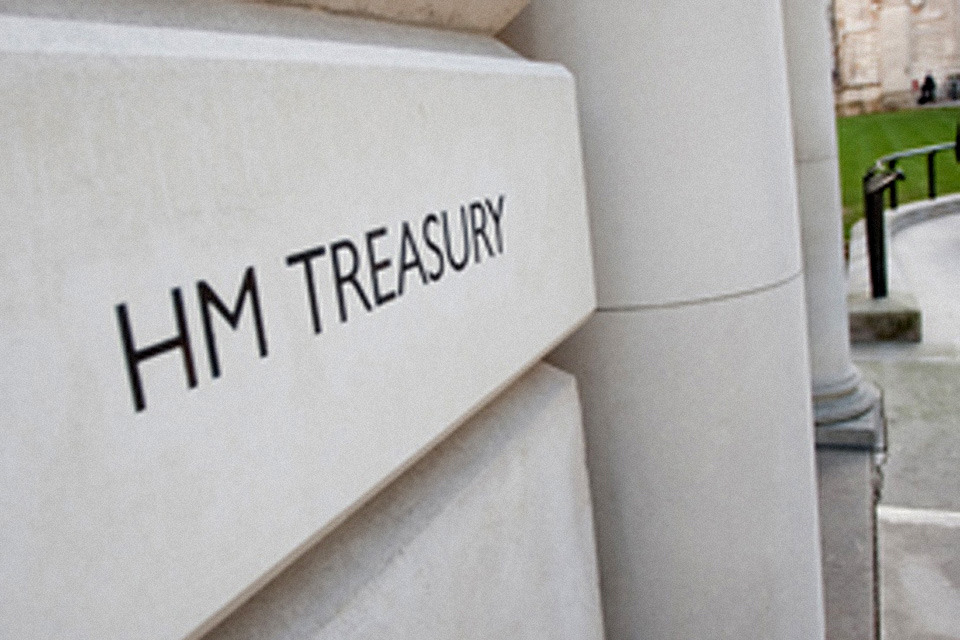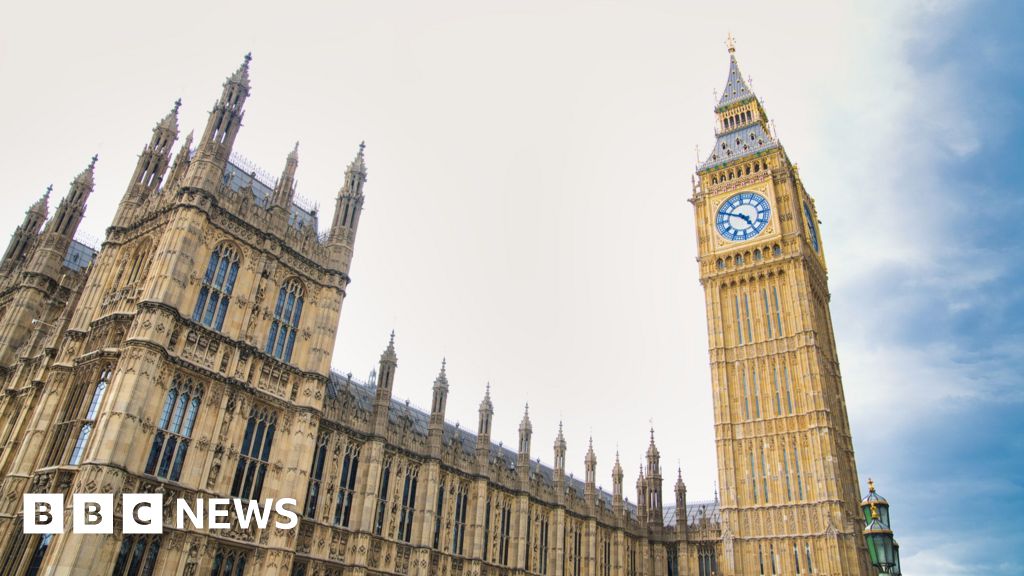UK Spending Review 2025: Key Announcements and Major NHS Investment

Chancellor Rachel Reeves has announced a comprehensive Spending Review, outlining government departmental funding for the next three to four years. The review prioritises Britain’s renewal through significant investments in national security, the National Health Service (NHS), and fostering economic growth across the country.
The NHS is set to receive a record funding boost, with day-to-day spending increasing by 3% per year in real terms, equating to an extra £29 billion per year by the end of the spending review. This new investment includes up to £10 billion allocated towards technology and digital transformation, such as enhancing the NHS app. Funds will also support the training of thousands more GPs to deliver millions more appointments, the rollout of mental health support to all schools, and the delivery of an additional 700,000 urgent NHS dentist appointments a year.
A major focus is on national security, with defence spending planned to rise to 2.6% of GDP by 2027. This represents an £11 billion real-terms increase over the spending review period, alongside a £600 million uplift for security and intelligence agencies. Key defence investments include £15 billion for a nuclear sovereign warhead programme, £7 billion for the renewal of military accommodation, £6 billion for munitions to bolster UK supply chains and create jobs, and over £6 billion to upgrade nuclear submarine production capabilities, supporting industries in locations such as Barrow, Derby, and Sheffield.
Border security measures will be enhanced with funding for the new Border Security Command increasing by up to £280 million more per year by 2028-29 to combat people-smuggling gangs. At least £400 million a year by 2028-29 will be invested to accelerate asylum processing, increase appeals capacity, and facilitate returns. A key goal is to end the costly use of hotels for asylum seeker accommodation within this Parliament, which is projected to save the taxpayer £1 billion per year.
To enhance public safety, police spending power is set for an average 2.3% real terms increase per year over the Spending Review period. This funding, amounting to over £2 billion, will support the government’s commitment to recruit an additional 13,000 police officers, PCSOs, and special constables into neighbourhood policing roles across England and Wales.
The Spending Review outlines substantial investments to drive economic growth and renewal through upgraded national infrastructure. This encompasses large-scale projects in transport, a significant commitment to future energy needs, and a comprehensive programme to address housing shortages.
In transport, £15.6 billion is allocated by 2031-32 for local transport projects in England’s city regions, with an additional £2.3 billion from 2026-27 to 2029-30 for improvements outside these areas. Major rail projects receiving funding include £2.5 billion for the continued delivery of East-West Rail (connecting Oxford and Cambridge), a further £3.5 billion for the TransPennine Route Upgrade, and investment in the Midlands Rail Hub. Upgrades to Cardiff Central station are also part of the plan. Transport for London will receive a four-year settlement, and Local Transport Grants will see a fourfold increase by the end of this parliament. The £3 bus fare cap across England will be extended until at least March 2027.
A £30 billion commitment is being made to nuclear power to ensure energy security. This includes £14.2 billion for the Sizewell C nuclear power station. Over £2.5 billion is allocated for one of Europe’s first Small Modular Reactor (SMR) programmes, with Rolls Royce as a preferred partner, and another £2.5 billion for nuclear fusion research. Furthermore, £9.4 billion will be invested in UK carbon capture, usage, and storage (CCUS) projects, such as the Acorn project in Aberdeenshire and the Viking project in Humberside, over the Spending Review period. The government will also establish Great British Energy, a wholly publicly owned company headquartered in Scotland.
To address the housing crisis, a new Affordable Homes Programme will be backed by £39 billion of investment over ten years, aiming to deliver 1.5 million new homes. This represents the largest boost to social and affordable housing in decades. An additional £10 billion for financial investments, to be delivered through Homes England, will help unlock hundreds of thousands more homes by crowding in private investment.
Support for British industry and innovation includes backing for UK steelmakers, such as a £500 million grant to Tata Steel in Port Talbot. Research and Development (R&D) funding is set to rise to a record high of £22 billion per year by the end of the spending review. The government's AI Action Plan will be supported by a £2 billion investment. To help small businesses start up and scale up, the financial firepower of the British Business Bank will be increased, with its overall financial capacity rising to £25.6 billion.
Investing in skills and human capital is another priority, with a record £1.2 billion a year allocated by the end of the spending review to support over a million young people into training and apprenticeships, equipping them with skills for future industries.
The government aims for truly national renewal, with revisions to the Treasury’s Green Book to better assess place-based interventions and ensure equitable investment across regions. Up to 350 deprived communities will receive new long-term regeneration funding. A Growth Mission Fund will be established to expedite local projects important for growth, citing examples like Southport Pier, Kirkcaldy’s seafront and High Street, and a new sports quarter in Peterborough.
The devolved administrations are set to receive their largest real-terms financial settlements since devolution began. The Scottish Government will receive an average extra £2.9 billion annually over the Spending Review. The Welsh Government will benefit from an average extra £1.6 billion per year, and will also receive a multi-year settlement of £118 million for coal tip safety. The Northern Ireland Executive will receive an average extra £1.2 billion annually.
In education, Free School Meals will be extended to over half a million more children. The core schools budget will see an additional uplift of over £4.5 billion a year by the end of the spending review. Significant capital investment includes nearly £2.3 billion per year to repair dilapidated classrooms and £2.4 billion per year for the ongoing programme to rebuild 500 schools. Additionally, £370 million is allocated for school-based nurseries, and £555 million of transformation funding will support children's social care. The national rollout of breakfast clubs will also continue.
To help households with the cost of living, the government is capping the cost of school uniforms, extending the £3 bus fare cap, ensuring eligible pensioners receive the Winter Fuel Payment, and expanding the Warm Homes Plan. There is also a commitment to upgrade millions of homes to improve energy efficiency and reduce bills.
The justice system will receive £7 billion to fund 14,000 new prison places and up to £700 million per year for the reform of the probation system, aiming to improve public safety and rehabilitation.
The Chancellor stated that a zero-based review of government spending has identified savings through efficiencies such as reducing consultancy spend and optimising the government estate. These savings are being reinvested into public services. The overarching goal of the Spending Review is to deliver a secure Britain, foster economic growth across all regions, and ensure an NHS fit for the future.










